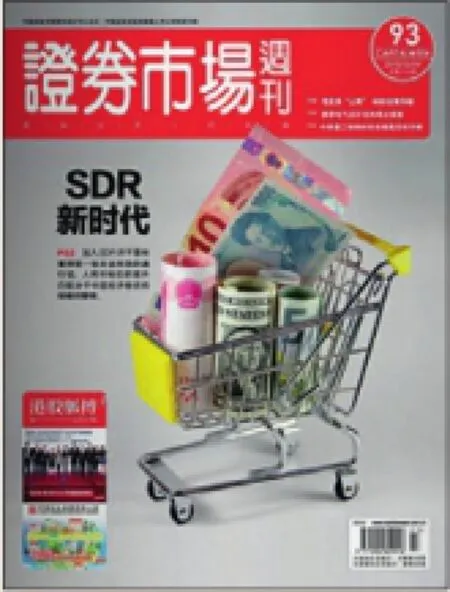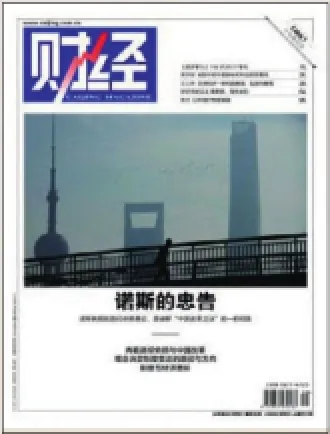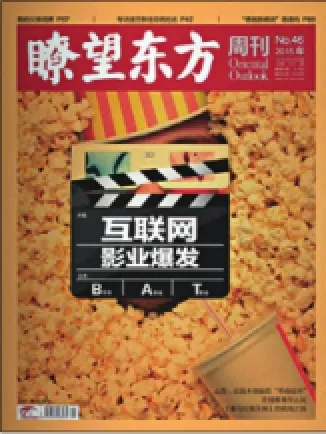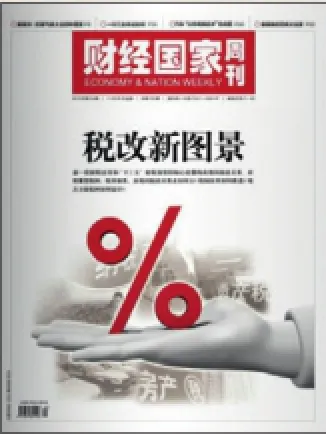On Chinese Media
On Chinese Media
China Economic Weekly
Issue No.47, 2015
New Zhongguancun Phenomenon
In 2015, departments with non-capital functions began relocating outside the city of Beijing. Meanwhile, new characteristics related to the city’s economic growth have been emerging. There is now proactive scientific and technological innovation activity, a good number of scientific achievements have been made, and the driving force of production is transforming from factor input to scientific advancement.
Zhongguancun, China’s Silicon Valley in Beijing, offers an ideal vantage point for these new characteristics. The Inno Way, a former large bookstore that was reopened in June 2014, is home to as many as 26 innovation service organizations. Here, 1.6 companies take shape on a daily basis, and market-oriented services for startup financing generate RMB 2.06 million per hour.
As at the end of September 2015, companies based in Zhongguancun owned 43,113 effective patents, accounting for 62.9 percent of Beijing’s enterprise patents in the same period. In 2014, the transaction volume of technology contracts that companies in this district signed exceeded RMB 310 billion, accounting for 40 percent of the total state volume. Eighty percent of the volume generated in Zhongguancun benefited areas outside Beijing. In addition, companies in Zhongguancun have set up more than 10,000 branches outside the capital, so contributing 75 percent of their revenue to areas beyond its environs.
The tendency whereby start-ups and innovation mutually promote one another is emerging in Zhongguancun, and stimulating the prosperity of both sectors.
Having become initiators and organizers of innovative activities, platforms based on the Internet are an important medium through which to integrate online and offline resources and facilitate interactions between innovators.
Meanwhile, financial service has become a major driving force throughout the entire process of innovation, having generated such new modes as “angel investors + business partners + crowdfunding.”More than 75 percent of companies listed on the stock market in recent years have been financially supported.

Capital Week
Issue No.93, 2015
New SDR Era
The International Monetary Fund (IMF) has decided to include the RMB into its Special Drawing Rights (SDR) basket, marking a milestone in the RMB’s global march, and also a vote of confidence in China’s ongoing financial reforms.
RMB inclusion will become effective on October 1, 2016. It will have a weighting of 10.92 percent in the new SDR basket, ranking third after U.S. dollar and euro. The RMB’s SDR inclusion is, in the short term, a symbolic rather than actual signifier that it has become the world’s third largest currency. The Chinese currency has yet to achieve ideal proportions as a reserve currency and as regards its scale of foreign exchange transactions.
Joining the SDR is not equal to indefinite validity. It is China’s booming economy that will truly improve the status of the RMB. As the world’s second largest economy, China exerts increasingly significant influence on the global economy. Every move it makes affects world bulk commodity prices.

Caijing Magazine
Issue No.33, 2015
North’s Advice
Celebrated economist Douglass North died on November 23, 2015, at the age of 95. The theory of institutional change that he put forward has had a profound effect on economics. His explanation of the development of economic institutions and the influence on them of Path Dependency has moreover inspired Chinese economists.
As regards China’s development, it seems that no one has been able to answer the two main questions, (1) how has the country been able to maintain rapid growth for more than 30 years? and (2) why did it take almost 40 years to transform a planned economy that dominated the country for only two decades into a market one, yet this transformation still remains incomplete?
Path dependence could be the key to the mysteries of China’s reforms. The theory resembles inertia in physics, whereby a past or traditional practice or preference of technologies and institutions tends to be fixed and not easily replaced.
The best way for us to commemorate Professor North is to prevent the disturbance of certain interests and promote economic and political reform, so comprehensively constructing and perfecting the institutional foundation for a market economy.

Oriental Outlook
Issue No.46, 2015
“Internet+Film” Booms
For decades, ticket windows have been one of the most important links in China’s film industry chain. But things have changed in the Internet era. Tickets now can be bought on cinema websites, group-buying websites, online communities for cinephiles, and through social apps.
In 2014, online sales accounted for 40 percent or more of China’s box office. The figure continued to rise in 2015. National box office sales consequently surged 36 percent in 2014 and 48 percent in the first half of 2015 compared to the same periods of the previous year.
The Internet and the film industry are forming a dynamic “Internet + film” circle. Chinese online giant Tencent is one example. Having successfully ventured into the online gaming, animation, and literature sectors, the Internet company has launched a new film production arm. Although trial moves of this kind are still being fine-tuned, they imply characteristics of a Chinese movie industry in a new era – a driving force that is transforming it from scale and capital to quality and innovation.

Economy & Nation Weekly
Issue No.24, 2015
New Scheme for Tax Reform
Remodeling central-local fiscal relations is at the core of the new round of fiscal and tax reform and fiscal scheme of China’s 13th Five-Year Plan. Meanwhile, tax categories and the system of tax rates are also to be remodeled.
According to current research on the 13th Five-Year Plan fiscal scheme, the future tax system at the central, provincial and city levels has taken shape. At present, four taxes – customs duties, tonnage dues, consumption tax, and vehicle purchase tax – are levied by the central government. In the future, the first two categories will probably still be levied by the central government. Consumption tax, however, may be shared by the central and local governments, according to different industries and different ways of tax collection. Worthy of attention is that social security tax might be included as a central tax.
There is consensus that the local tax system must be remodeled after the pilot program for replacing business tax with VAT is launched. Local tax constitutes that at provincial level and city level. Taxes related to environmental protection and resources will play an important role in local tax at the provincial level.
overseas talents play a leading role in innovation and entrepreneurship. They promote the transformation from imitation to creation, and enhance the innovation level in Zhongguancun in an all-round way.

